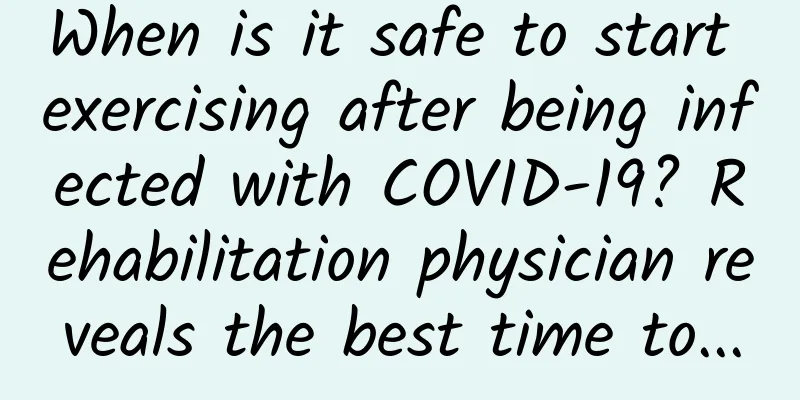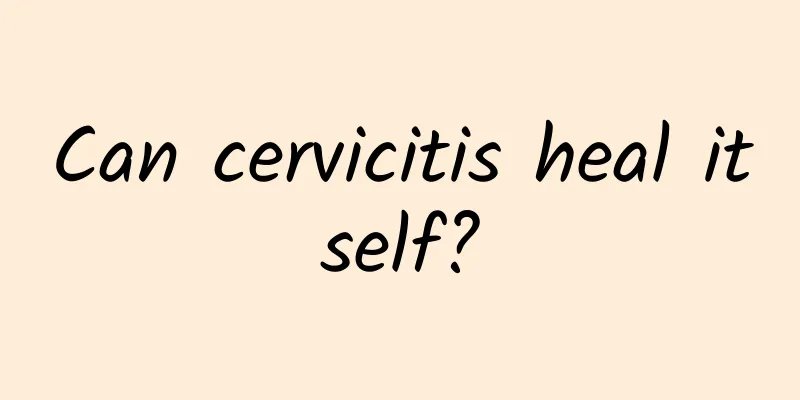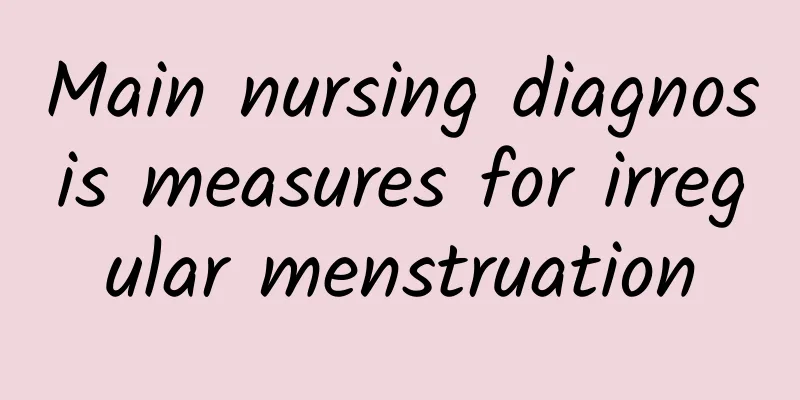When is it safe to start exercising after being infected with COVID-19? Rehabilitation physician reveals the best time to...

|
As the number of people infected with COVID-19 in Taiwan increases, large-scale community infection has become an inevitable phenomenon. How to safely return to sports venues after infection has become an extremely important issue. (Photo courtesy of Taiwan Rehabilitation Medicine Association) What are the risks of returning to sports after contracting COVID-19? Most athletes will experience mild or no symptoms of COVID-19 and will be able to return to play after a few weeks. However, according to statistics, 10 to 15% of patients infected with COVID-19 continue to be affected by COVID-19 symptoms for weeks to months after recovery, affecting their daily functions and athletic performance. Many patients with COVID-19 have impaired heart function due to viral myocarditis, and heart function is crucial for exercise. Studies have shown that exercising in the presence of myocarditis has a higher morbidity and mortality rate, so heart function must be assessed before exercise. In addition, patients with COVID-19 often have impaired lung function after recovery, which may be caused by factors such as pulmonary embolism. It is necessary to ensure that the lung function can withstand the expected exercise intensity before returning to the sports field for a safer return. It is worth mentioning that COVID-19 can affect the mental state, causing diseases such as anxiety, depression and post-traumatic syndrome, and can also affect physical fitness. Under what circumstances can it be safe to return to sports? The consensus in the medical community is that it is safer to return to physical activity after recovering from COVID-19 after at least seven days of symptom-free observation. For those who have recovered from COVID-19 and have not been hospitalized and have symptoms of suspected myocardial damage, such as chest pain, difficulty breathing, palpitations or wheezing, it is recommended that they be evaluated by a physician before exercising. After recovering from COVID-19, coughing and difficulty breathing should disappear after a few weeks. However, if the above symptoms persist or even worsen, it may indicate sequelae of lung damage, and it is recommended to fully evaluate before returning to the field. Assessment of athletes returning to training after COVID-19 infection The British Journal of Sports Medicine, an authority in sports medicine, recommends that the first stage is at least ten days of rest from the onset of the disease, followed by at least seven days of being symptom-free and receiving complete treatment. Athletes must be able to complete daily living activities and walk 500 meters on level ground without excessive fatigue or difficulty breathing before they can enter the following assessment process and gradually transition to normal training. It is important to mention that athletes with medical conditions such as diabetes, cardiovascular disease, or kidney disease should be evaluated by a physician before beginning the process in the table below. Examination items may include cardiopulmonary function and blood tests for biochemical values. (Form provided by Taiwan Rehabilitation Medicine Association) I-PRRS Please rate your confidence in returning to sport on a scale of 0 to 100 0 = No confidence at all 50 = Moderate confidence 100 = Completely confident My overall confidence in the game is __ points I am confident that I can play without pain . I am confident that I will play with all my strength and get __ points I am ___ points confident that I will not focus on the injury I am confident that my injured part can handle this kind of exercise . I am __ points confident in my skills/abilities all__ Add the total and divide by 10 = _A score between 50 and 60 indicates that the athlete is mentally ready to return to sport. A score below 50 indicates that the athlete may not be mentally ready to return to sport and needs more time to recover. Conclusion COVID-19 is not far from you and me. Even if you are infected with COVID-19, as long as you undergo evaluation and step-by-step training, sports enthusiasts and athletes can safely return to their favorite sports fields to sweat. This article was provided by: Taiwan Rehabilitation Medicine Association Author of this article: Dr. Lin Xingqing, Deputy Secretary General of the Taiwan Sports Medicine Association and Rehabilitation Department of New Taipei City Tucheng Hospital / Dr. Chen Yuren, Media Director of the Taiwan Sports Medicine Association and Rehabilitation Department of New Taipei City Tucheng Hospital) |
Recommend
What should I do if adenomyosis spreads to the rectum?
What should I do if adenomyosis spreads to the re...
What are the symptoms of endometriosis?
It is well known that any problem with the uterus...
What should I do if I have bacterial vaginosis?
The symptoms of patients with bacterial vaginosis...
Treatment of endometrial tuberculosis includes several aspects
Endometrial tuberculosis is a common gynecologica...
How to prevent pelvic inflammatory disease in daily life
Gynecological diseases are extremely harmful to w...
What should you pay attention to in preventing endometrial tuberculosis?
Endometrial tuberculosis is a relatively common g...
What foods can't patients with uterine fibroids eat? Dietary taboos for patients with uterine fibroids
Uterine fibroids are a common gynecological disea...
Can you lose weight by eating vegetarian food? The cooking method is the key
The old fat that has been accumulated in the body...
The main causes of cervical hypertrophy
Among the many gynecological diseases, cervical h...
How much do you know about the two correct methods of treating cervicitis?
Cervicitis is a common disease among gynecologica...
Is it true that if you have uterine fibroids, your menstrual flow will be heavy?
Patients with uterine fibroids may not have obvio...
Improve blood circulation! Try these 3 points to correct your standing posture
In daily life, it is also very important to devel...
Can eating more resistant starch help you lose weight? There is only one step left...
"Can't eat starch to lose weight?" ...
What to eat when you are hungry? 3 foods to increase satiety and stop cravings
Spring is coming, and it is also the season to st...
Will chronic cervicitis affect pregnancy? Pregnancy tips for women with chronic cervicitis
Women are not unfamiliar with chronic cervicitis,...









